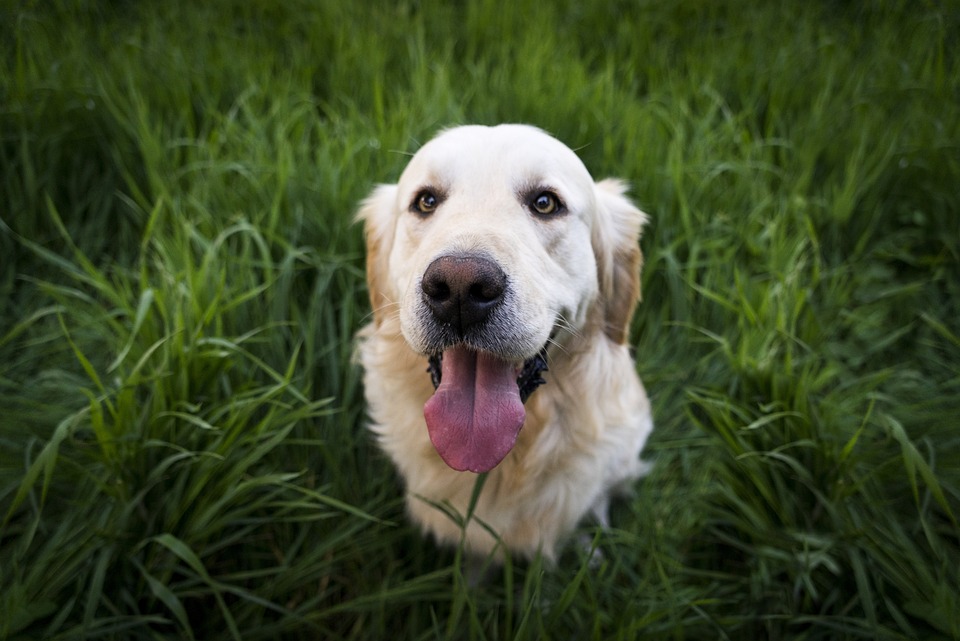Dog behavior and socialization classes are essential for responsible pet ownership. These classes provide dogs with the opportunity to learn proper behavior, interact with other dogs and people, and develop essential social skills. In this article, we will delve into the significance of these classes and address some frequently asked questions related to dog behavior and socialization.
One of the primary reasons why dog behavior classes are important is because they enhance communication between dogs and their owners. By attending these classes, owners can learn to understand their dog’s behavior cues and effectively communicate with them. This strengthens the bond between the owner and the dog and promotes a harmonious relationship.
Behavior classes also address common behavioral issues that dogs may exhibit. These classes provide guidance on dealing with aggression, fear, anxiety, destructive behaviors, excessive barking, and jumping. By learning how to address these issues, owners can create a peaceful and well-behaved environment for both themselves and their dogs.
Furthermore, dog behavior classes promote mental stimulation. Engaging a dog’s mind through training exercises prevents boredom and its related behavioral problems. Additionally, it encourages better problem-solving skills in dogs, keeping their minds active and healthy.
Another important aspect of dog behavior classes is the development of obedience and manners. These classes teach basic commands like sit, stay, and come, along with instilling good manners and polite behavior in dogs. By attending these classes, dogs are provided with a foundation for advanced training and can become well-behaved members of society.
Moving on to dog socialization classes, they play a crucial role in encouraging positive interactions. These classes facilitate controlled exposure to new environments, people, and dogs. This exposure helps dogs develop friendly behavior towards other animals and humans, preventing fear and aggression in unfamiliar situations.
Dog socialization classes also help in building confidence. They assist dogs in overcoming shyness or fearfulness, fostering self-assurance and resilience. This enables dogs to handle new experiences with ease, making them more adaptable and confident in various situations.
Moreover, socialization classes aid in preventing behavioral problems. By exposing dogs to different environments and social situations, these classes reduce the likelihood of aggression towards other dogs or people. They also minimize separation anxiety and destructive behaviors, creating a well-adjusted and balanced canine companion.
Additionally, dog socialization classes promote safe and enjoyable outings. By ensuring that a dog’s behavior is predictable in public settings, these classes allow for stress-free walks and visits to dog-friendly places. They also encourage responsible pet ownership within the community.
To further understand the importance of dog behavior and socialization classes, let us address some frequently asked questions.
Q1: At what age should I start enrolling my dog in behavior and socialization classes?
It is recommended to start enrolling your dog in behavior and socialization classes as early as possible, ideally between 8 and 16 weeks of age. This is a critical period for socialization and learning, and early exposure to these classes will greatly benefit your dog.
Q2: Can older dogs still benefit from these classes?
Absolutely! Dogs of any age can benefit from behavior and socialization classes. While it may take older dogs more time to adjust to new environments and behaviors, they can still learn and benefit from the training and socialization opportunities provided.
Q3: How long do behavior and socialization classes usually last?
The duration of behavior and socialization classes can vary. Some classes may last a few weeks, while others may span several months. The length of the classes will depend on the specific program or trainer you choose.
Q4: Are there any specific breeds that require more socialization than others?
While all dogs can benefit from socialization, some breeds may require more socialization than others. Breeds that are known to be more prone to fear or aggression may need extra attention in socialization classes. However, every dog is unique, and individual temperament should also be considered.
Q5: Can I teach my dog behavior and socialization skills at home without attending classes?
While you can teach your dog some behavior and socialization skills at home, attending classes provides structured training, professional guidance, and socialization opportunities that are difficult to replicate on your own. Classes also offer the benefit of learning alongside other dogs and owners, which can be a valuable experience for both you and your dog.
Q6: Will my dog’s behavior issues be completely resolved after attending these classes?
Attending behavior and socialization classes will certainly help address and manage your dog’s behavior issues. However, complete resolution depends on various factors, including the severity of the issues, consistency in training, and ongoing practice at home. It is important to remember that behavior modification is a process and may require continued effort.
Q7: How often should I continue practicing socialization skills after completing the classes?
Socialization is an ongoing process that should be practiced throughout your dog’s life. Regular exposure to new environments, people, and dogs will help maintain their social skills and prevent regression. Continuously incorporating socialization activities into your routine will ensure that your dog remains well-adjusted and comfortable in various situations.
Q8: Do behavior and socialization classes guarantee that my dog will never display aggression or fear?
While behavior and socialization classes greatly reduce the likelihood of aggression and fear, they do not provide an absolute guarantee. Dogs are individuals, and their behavior can be influenced by various factors. However, attending these classes significantly increases the chances of having a well-behaved and socially confident dog.
In conclusion, dog behavior and socialization classes are crucial for responsible pet ownership. These classes enhance communication, address behavioral issues, promote mental stimulation, encourage positive interactions, build confidence, prevent behavioral problems, and create a safe and enjoyable experience for both dogs and their owners. By understanding the importance of these classes, dog owners can provide their furry companions with the necessary skills and knowledge to thrive in various environments.









